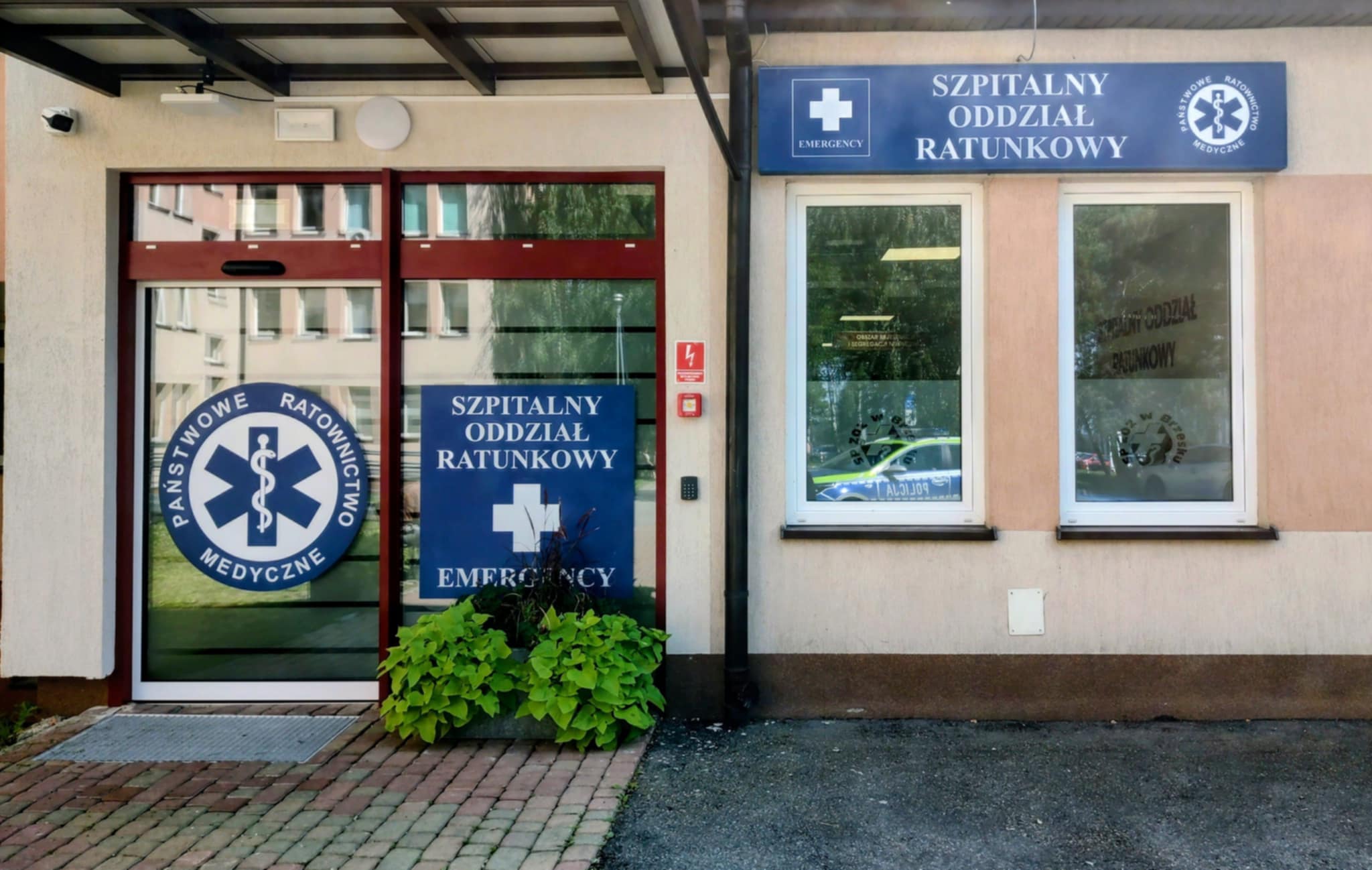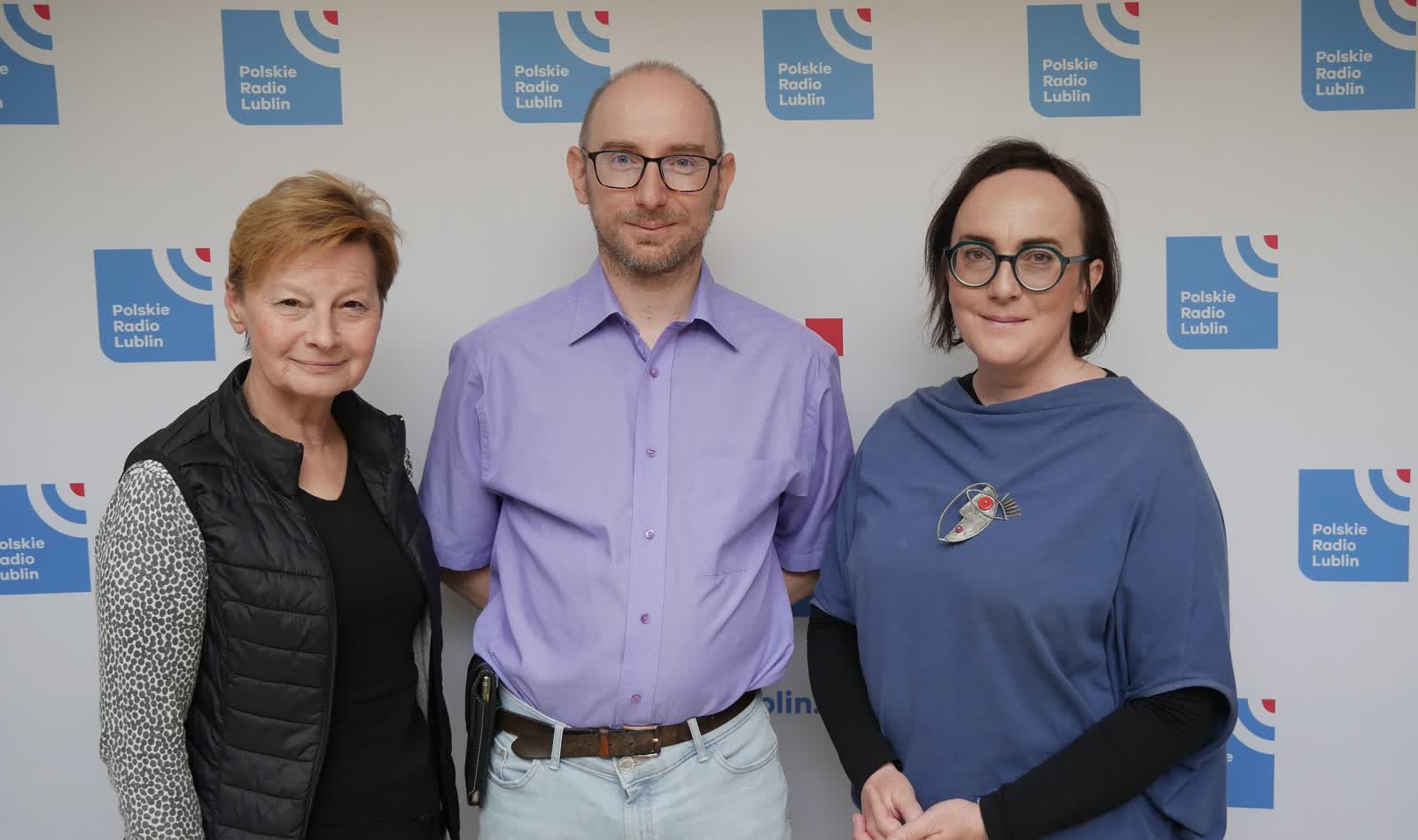Doctors are calling for a public campaign on end-of-life care and a national strategy amid warnings that this crucial phase of someone's life is too often treated as an unexpected crisis. The Royal College of Physicians (RCP) said much focus remains on treatments to cure patients, despite many having progressive life-limiting conditions.
The college warned that approximately 70% of people die from long-term health conditions that follow a predictable course, with death anticipated well in advance. Despite this, patients and their families often feel unprepared for the end of life, according to the RCP.
Cultural shifts needed in healthcare
RCP clinical vice president Dr Hilary Williams described anticipating the end of someone's life as "an act of clinical courage and kindness". She said patients in their final months can benefit from open supportive conversations that help them recognise this phase and may result in changes to their treatment approach.
The college called for important cultural shifts in healthcare and wider UK society around palliative and end-of-life care. It said the Government must develop a public campaign on end-of-life care, support professional education programmes, and commission a national strategy including staff training.
Barriers to quality care
Dr Williams warned that recognition someone is approaching the end of their life "happens only in the final days or weeks, and often in acute care settings". She said real change will only come when the system values continuity of care and gives clinicians time for honest conversations with patients and families.
The college highlighted significant barriers including challenges in social care and imbalances in healthcare funding and workforce. Dr Williams added that as treatment options expand, knowing when to start or stop interventions is becoming increasingly complex.
Medical professionals unite in calls
Dr Nick Murch, president of the Society for Acute Medicine, supported the college's calls, saying end-of-life phases are too often seen as unexpected crises. He said with proper support and planning, more people could die in comfort, in their chosen location, and with dignity.
Dr Suzanne Kite, president of the Association for Palliative Medicine, said a national strategy is urgently needed to ensure everyone has access to high-quality palliative care wherever they are. She emphasised the need for systems, training and public conversations that support honest discussions about final months and weeks.
Charity highlights late referrals
Palliative care charity Sue Ryder backed the RCP call, noting that around eight per cent of people referred to their hospices die before admission, suggesting referrals are made too late. The charity said healthcare professionals should consider palliative care from the moment patients receive terminal diagnoses, not just in final days.
A Department of Health and Social Care spokesperson said the Government wants every person to receive high-quality, compassionate care from diagnosis through to end of life. As part of the 10 Year Health Plan, more healthcare will shift from hospitals into communities, with palliative care playing a big role.
Separate from assisted dying debate
The Government has invested £100 million into hospices, described as the largest investment in a generation. The RCP emphasised this position statement on end-of-life care is separate from its stance on the assisted dying Bill.
The college previously highlighted concerning deficiencies about the Terminally Ill Adults (End of Life) Bill, expected to come before the House of Lords when Parliament returns from recess. After two major votes by MPs in November last year and June, concerns remain about safeguards for vulnerable patients and the potential impact on doctor-patient relationships.
(PA) Note: This article has been edited with the help of Artificial Intelligence.













